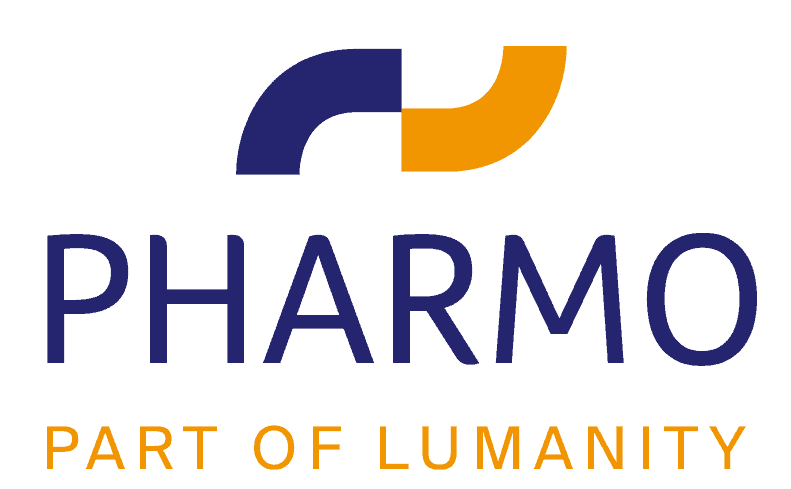Cardiovascular medication use and cardiovascular disease in children and adolescents with type 1 diabetes: a population-based cohort study
OBJECTIVES: To investigate the 5-yr prevalence and incidence rates of cardiovascular medication and cardiovascular disease before and after onset of type 1 diabetes (T1D) in children and adolescents. METHODS: Children and adolescents (<19 yr) with1D (n = 925), defined as those who received at least two insulin prescriptions, and a four times larger reference cohort (n = 3591) with the same age and gender in the Dutch PHARMO Record Linkage System (RLS) were studied in a retrospective cohort studybetween 1999 and 2009
